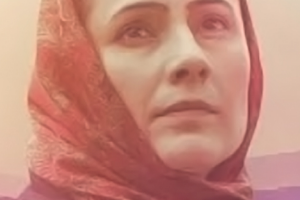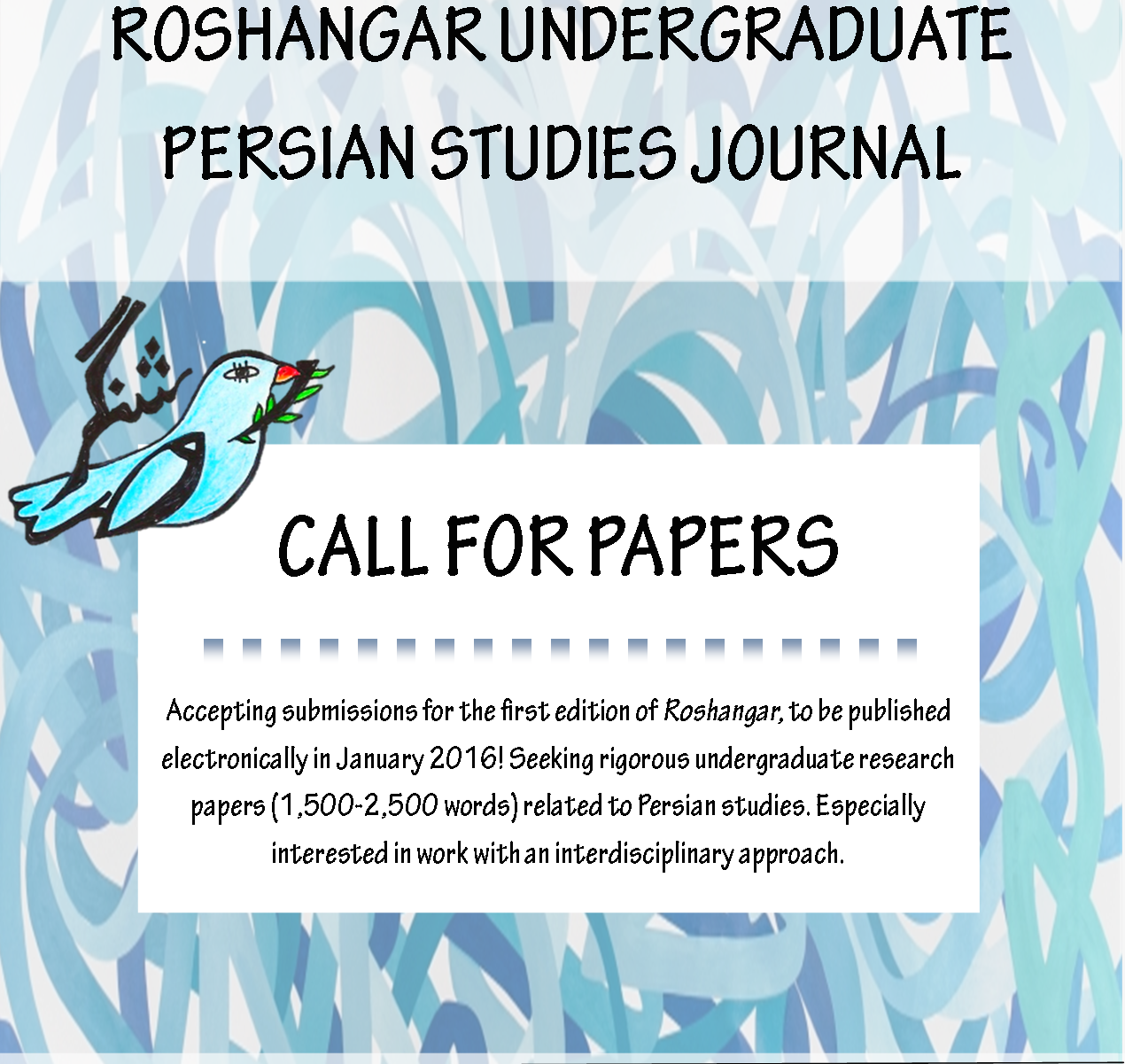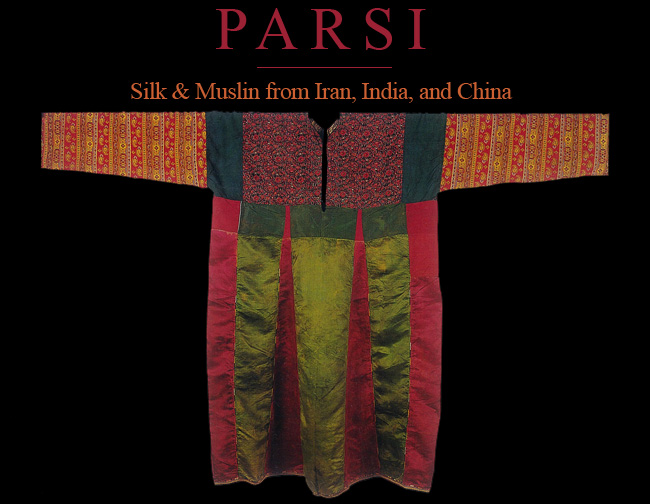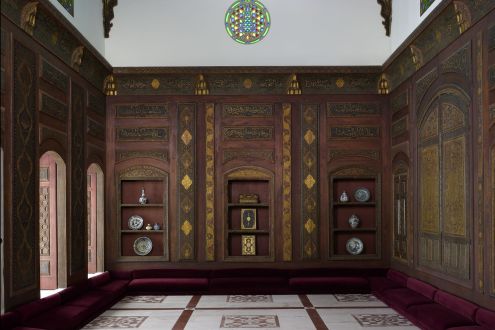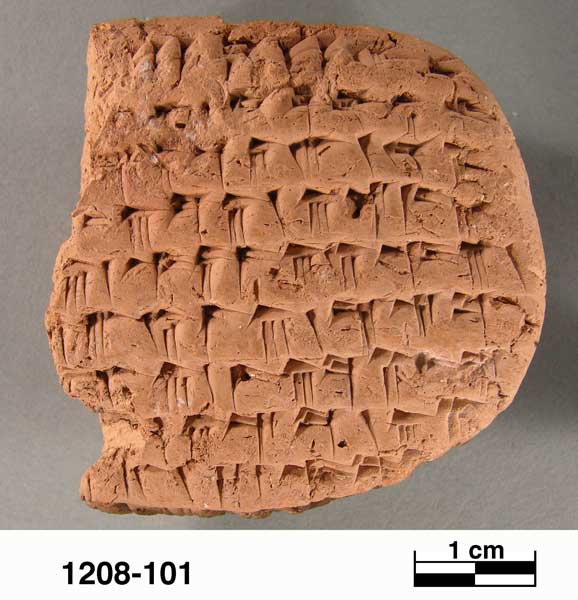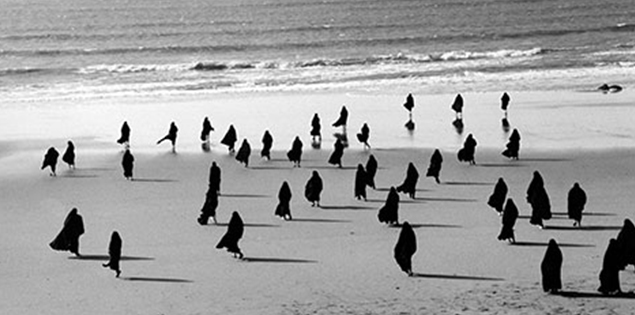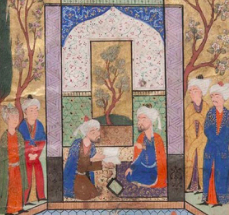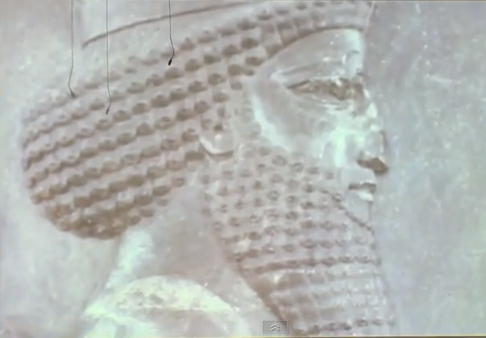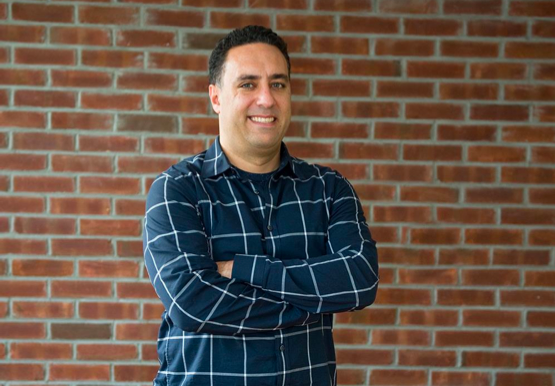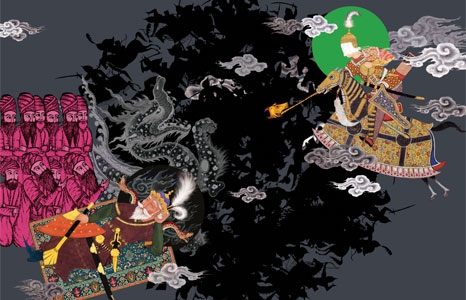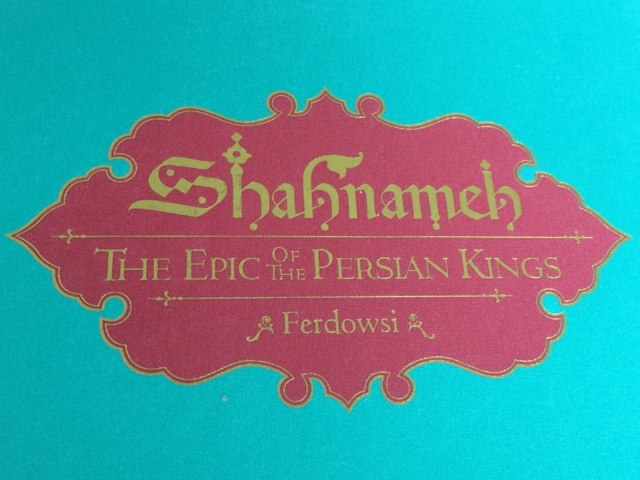Free Screening of “Frame by Frame” at Roshan Institute for Persian Studies at the University of Maryland
Roshan Institute for Persian Studies at the University of Maryland, College Park, is presenting a free screening of Frame by Frame on Sunday February 21, 2016, from 5:00-7:00pm, at UMD Stamp Building.
Frame by Frame is an award-winning documentary about photojournalism and free speech in Afghanistan. Following the screening, producer and lead translator Baktash Ahadi will lead a discussion of key ideas reaised int eh film, including humanitarian issues, women’s rights, free speech, and the challenge of translating Persian.
The screening is free and open to the public.
